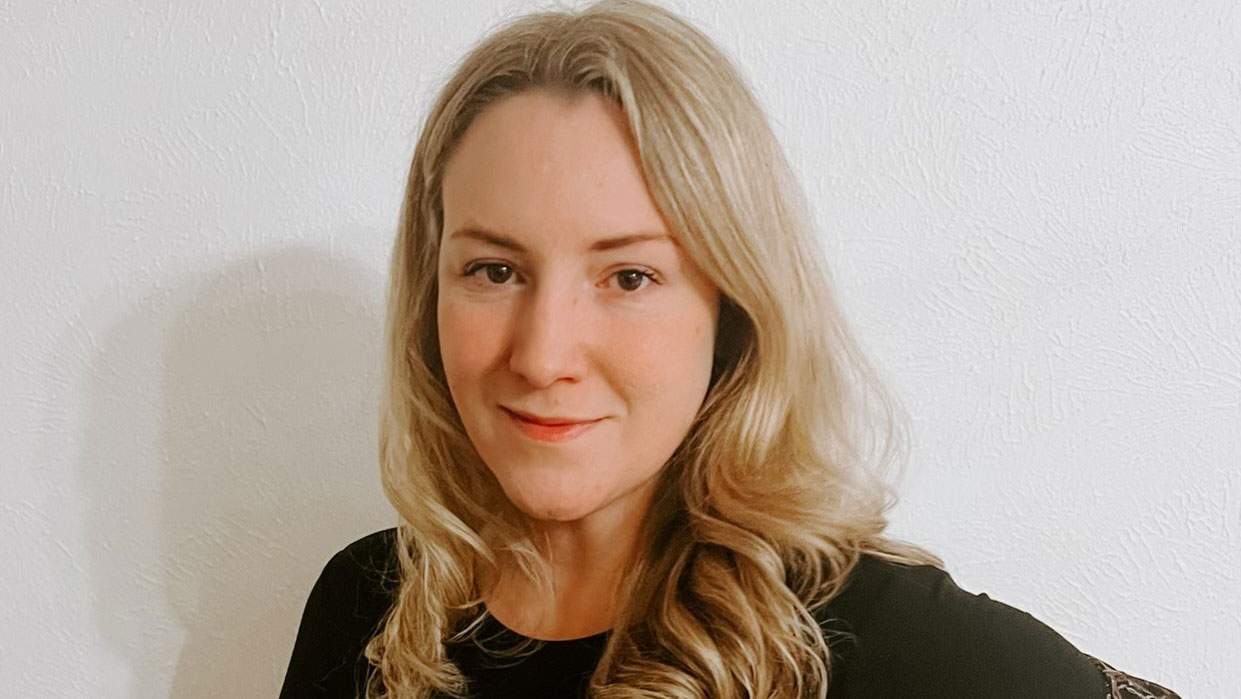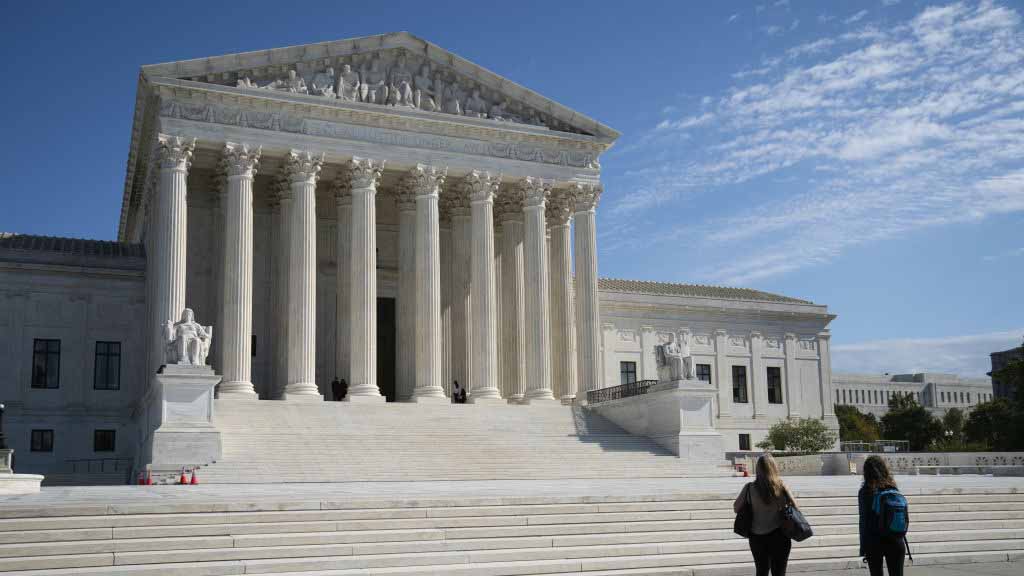Dallas mother Kate Cox left the state earlier this week to have an abortion in another state. She learned at 20 weeks her child would die shortly after birth because of a fetal abnormality. Her doctors said her future fertility was at risk.
She filed a lawsuit and won the legal battle in a lower court until Attorney General Ken Paxton stepped in to enforce the state's strict anti-abortion laws. The Texas Supreme Court ruled in favor of Paxton.
According to a group of researchers, hundreds of women have made the same trip as Cox. In the year after Roe vs. Wade was overturned, the state's "trigger law" kicked in, banning most abortions from the moment of conception. A separate law allows people to file a lawsuit over an abortion after 6 weeks of pregnancy.
Anti-abortion advocates have been successful in nearly eliminating the procedure in Texas. A legal fight continues over a very narrow medical exception that allows abortion in only very dangerous or deadly situations for the mother.
Get top local stories in DFW delivered to you every morning. Sign up for NBC DFW's News Headlines newsletter.
Dr. John Thoppil, OBGYN tells NBC 5 that doctors simply are not risking the procedure with stiff new criminal and civil penalties.
“With the penalties being a felony, this is not a slight misdemeanor or a slap on the wrist. This interpretation is highly relevant. For our state to say you should know, that’s difficult because we’re at the whims of who the prosecutor may be," said Dr. Thoppil.
Hospitals, doctors, and clinics must report their numbers to state and federal health agencies. The #WeCount study from the Society of Family Planning found before the Dobbs decision overturned Roe vs. Wade, there were just more than 3,000 abortions performed in Texas per month. In the year following Dobbs, that number dropped to an average of 9 abortions per month.
The monthly numbers went up by hundreds in the nearest states still allowing abortions: New Mexico, Colorado, and Kansas.
Kari White, Ph.D., is a UT Austin health researcher who was on the study's steering committee.
"There have been very few instances where people can get abortion care in the state of Texas because the ban on abortion here has very very few exceptions. And the exception that does exist, is difficult for providers to put into practice with events that have played out over the last several weeks," said White.
The Texas experience is separate from the national experience. Across the country, the report showed, there's been a tiny increase in abortions in the twelve months after Roe was overturned. White tells me that's driven by new access to medication abortion pills and a renewed effort to donate and work towards expanding the procedure where it is still legal.
Here are the monthly averages before the Dobbs decision: Texas, 3,090; New Mexico, 1,190; Colorado, 1,640; and Kansas, 960.
After the Dobbs decision, the monthly averages went to Texas, nine; New Mexico, 1,910; Colorado, 2,120; and Kansas, 1,405.
Sign up for our Breaking Newsletter to get the most urgent news stories in your inbox.



